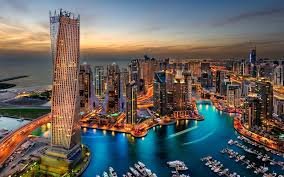Now Reading: Dubai Property Market: Surging to Amazing New Heights
-
01
Dubai Property Market: Surging to Amazing New Heights
Dubai Property Market: Surging to Amazing New Heights
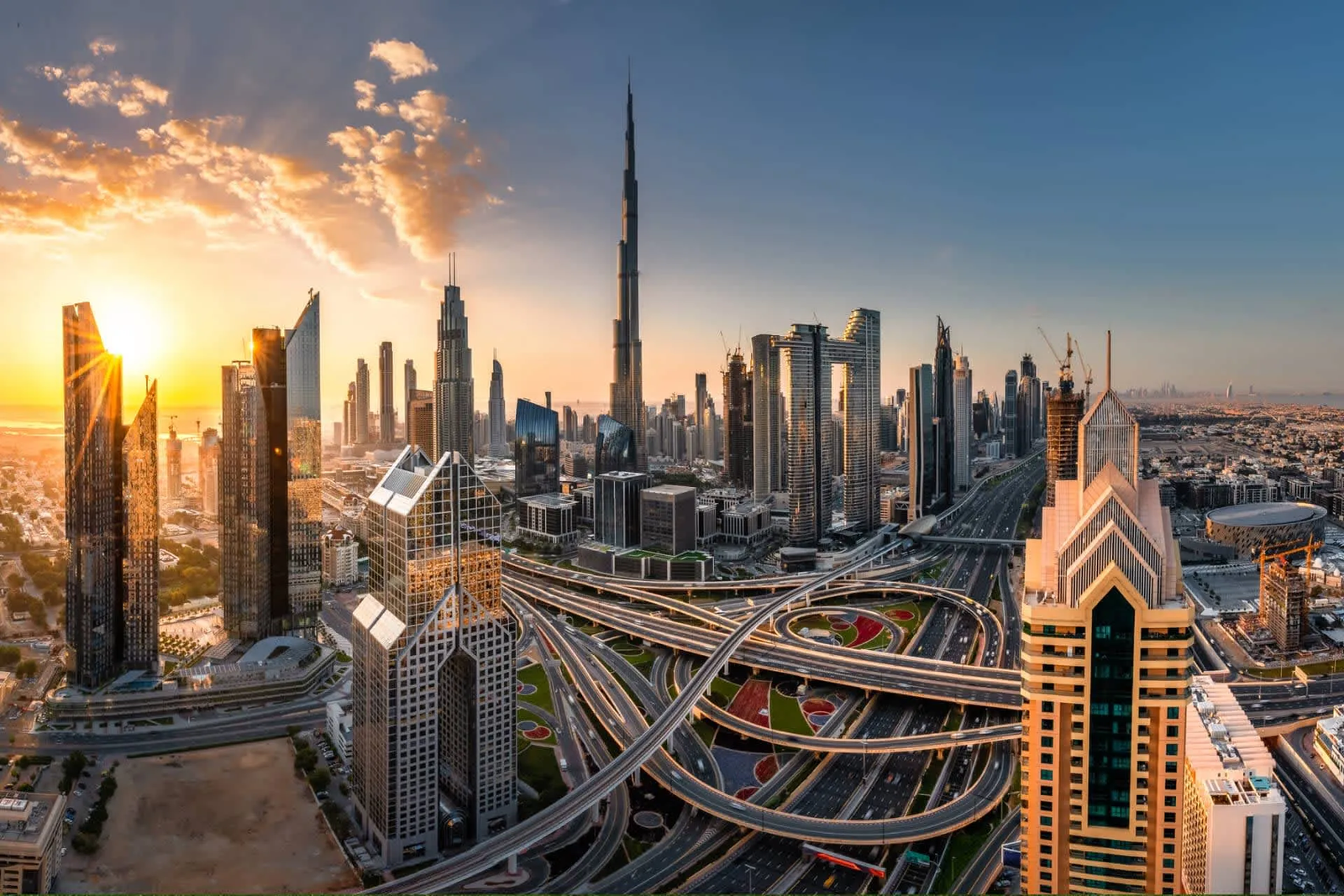
Table of Contents
Here are the search queries I will use:
- What is the current state of Dubai’s property market as of May 2025?
- How do current Dubai property prices compare to 2008 peak levels?
- “Dubai real estate market recovery 2025”
- “Dubai property prices 2008 vs 2025 comparison”
- “Factors driving Dubai real estate growth May 2025”
- “Dubai property market forecast 2025 2026”
- “Impact of population growth on Dubai property market 2025”
- “New regulations affecting Dubai real estate May 2025”
- “International investor sentiment Dubai property 2025” Dubai Property Market Surges Past Pre-2008 Levels
Dubai Property Market: Dubai’s real estate market has not merely approached but, by early to mid-2025, has largely surpassed its pre-2008 peak levels, demonstrating a remarkable and sustained recovery. Driven by a confluence of robust economic growth, strategic government initiatives, an influx of global wealth, and a vibrant tourism sector, the emirate’s property sector is experiencing unprecedented momentum, setting new benchmarks for transaction volumes and asset values. While the 2008 global financial crisis saw Dubai’s property prices plummet by over 50%, the rebound since early 2021 has been nothing short of spectacular, with average property prices surging by approximately 75% as of early 2025, reaching around AED 1,750 ($476.50) per square foot.
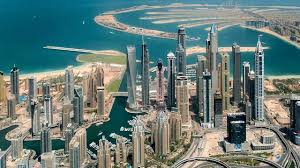
The Trajectory of a Resilient Market
The narrative of Dubai’s property market is one of extraordinary resilience and strategic evolution. Following the downturn of 2008, the market underwent a period of correction and stabilization, laying the groundwork for its current resurgence. The post-pandemic era, in particular, acted as a significant catalyst, as global uncertainties pushed high-net-worth individuals and investors towards Dubai’s perceived stability, safety, and tax-friendly environment.
Recent data paints a vivid picture of this ascent:
- Record-Breaking Transactions: April 2025 alone witnessed property sales totaling AED 62.4 billion ($17 billion), making it one of the best-performing months in Dubai’s real estate history. Q1 2025 saw real estate transactions hit a record AED 143.1 billion ($38.9 billion).
- Price Appreciation: Average property prices are seeing year-on-year increases of over 20%, with luxury properties leading the charge. Villas, especially in prime areas, have experienced price hikes exceeding 100% in just two years.
- Luxury Segment Boom: The ultra-luxury market (properties above AED 15 million) recorded 948 transactions in 2024, indicating robust demand from high-net-worth individuals seeking premium residences in locations like Palm Jumeirah, Emirates Hills, and Dubai Hills Estate. Branded residences are also thriving, blending lifestyle with investment.
- Off-Plan Dominance: Off-plan sales accounted for over 63% of all property transactions in Q1 2025, driven by attractive payment plans and the potential for significant capital appreciation upon completion.
This extraordinary growth signifies that not only have prices recovered, but the market fundamentals are stronger, indicating a more mature and diversified real estate ecosystem than the speculative-driven boom of the mid-2000s.
Key Drivers Fueling the Ascent
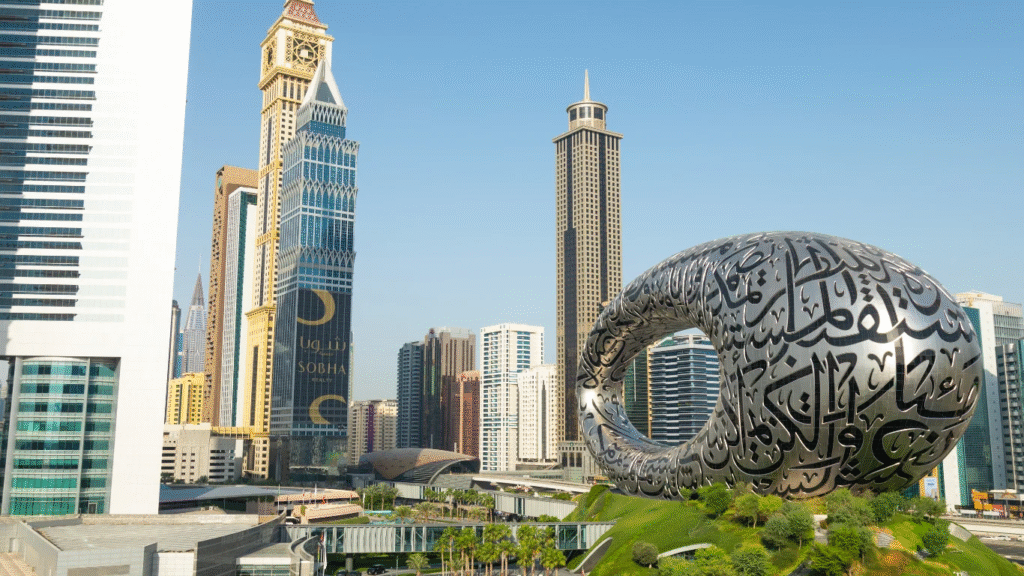
Several interwoven factors are contributing to Dubai’s property market’s remarkable performance:
- Robust Economic Growth and Diversification: Dubai’s economy is projected to grow by 4.5% in 2025, propelled by successful diversification efforts beyond oil into technology, finance, tourism, and logistics. This economic stability underpins strong investor confidence. The city’s strategic location as a global trade and business hub further enhances its appeal.
- Population Influx and Demographic Expansion: Dubai’s population is expected to surpass 4 million by the end of 2025, fueled by an influx of expatriates, professionals, and high-net-worth individuals seeking a high quality of life and abundant opportunities. The Dubai 2040 Urban Master Plan aims to accommodate a projected population of 7.8 million by 2040, necessitating sustained housing demand across all segments.
- Visionary Government Initiatives and Investor-Friendly Policies:
- Golden Visa Program: The UAE’s Golden Visa, offering 10-year residency for property investments of AED 2 million or more, has been a significant magnet for international investors seeking long-term stability. Recent updates in 2025 now include eligibility for joint ownership and certain premium leasehold homes.
- Regulatory Reforms: The Dubai Land Department (DLD) and Real Estate Regulatory Agency (RERA) have implemented reforms to enhance transparency, investor protection (e.g., escrow accounts, regulated payment plans), and reduce fraud. The introduction of a new land law (Law No. 6 of 2025) provides more strategic and transparent allocation of government land, benefiting foreign investors. Blockchain-powered land registries are also being rolled out to enhance transparency and security.
- Tax Advantages: The absence of income tax and capital gains tax on residential properties remains a powerful draw for international investors and wealthy expatriates.
- Dubai’s “Safe Haven” Status: In times of global geopolitical and economic uncertainty, Dubai has cemented its reputation as a safe, stable, and secure haven for capital preservation and growth. This has attracted significant foreign direct investment, particularly from Europe, Russia, Asia, and India.
- Thriving Tourism and Short-Term Rentals: Dubai’s position as a premier global tourist destination fuels demand for short-term rentals and holiday homes, offering lucrative returns for investors. Government regulations supporting short-term rentals further enhance this avenue.
- Infrastructure Development and Mega Projects: Ongoing and planned infrastructure expansions, including public transport networks, new road developments, and projects around Expo City and Al Maktoum International Airport, continue to enhance connectivity and boost demand in emerging areas.
- Sustainability and Smart City Integration: New developments increasingly incorporate eco-friendly designs, renewable energy solutions, and smart home technologies, aligning with global environmental goals and attracting environmentally conscious investors and residents.
Market Dynamics and Supply-Demand Balance
While demand has been robust, the supply side is also gearing up. Approximately 42,000 new units are anticipated to be delivered in Dubai in 2025, with an even larger surge projected for 2026 (around 42,000 units), reflecting an 80% increase over 2024 numbers. This upcoming supply could lead to some moderation in rental and price growth in certain segments, but analysts predict overall market stability due to the sustained population influx and demand. The emphasis is also shifting towards affordable housing options in areas like Jumeirah Village Circle, Dubai South, and Arjan, catering to a diverse demographic.
The luxury segment, however, faces a persistent supply-demand imbalance, especially for ultra-luxury homes priced above $10 million, where listings remain scarce. This scarcity is expected to continue driving prices upward in this exclusive tier.
Outlook for 2025 and Beyond
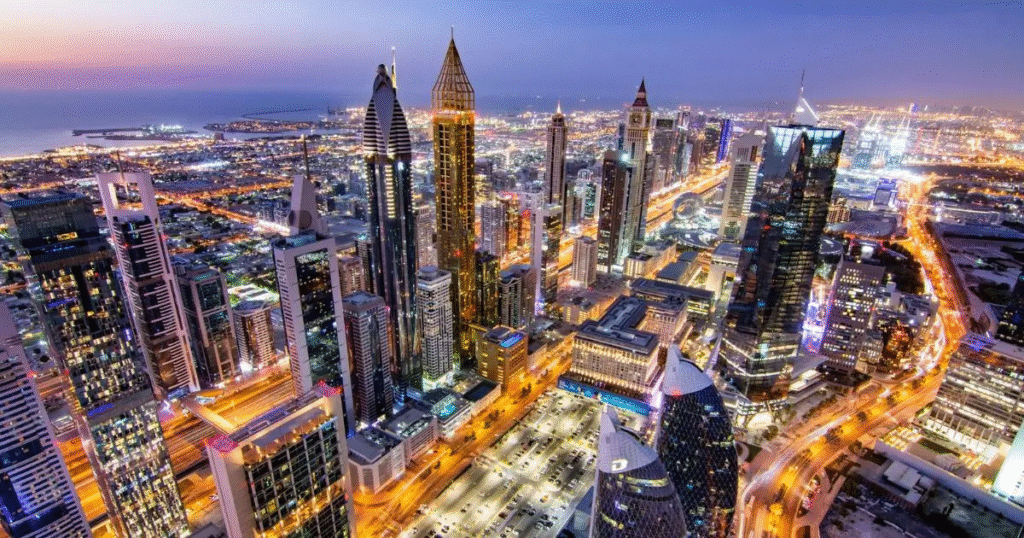
The consensus among industry experts for 2025 and 2026 is one of continued, albeit potentially more moderate, growth. Forecasts suggest:
- Apartments: Average annual price increases of 6%-9%.
- Villas/Townhouses: Price growth of 7%-10% due to limited inventory and high demand from families seeking more space.
- Off-Plan Units: Capital appreciation of 15%-25% by handover, particularly in high-growth zones.
- Rental Yields: Expected to remain attractive, with short-term rentals potentially seeing increases of over 18% and long-term rental growth around 13%, driven by population growth and tourism rebound.
- Commercial Real Estate: A strong recovery is observed, with office and industrial segments showing robust demand and increasing rental rates, especially in prime locations and free zones like DIFC.
The market is maturing, moving away from hyper-fluctuations seen in previous cycles towards growth driven by strong fundamentals: population, infrastructure, and an enhanced lifestyle offering. While global economic factors and geopolitical uncertainties remain considerations, Dubai’s proactive governance and diverse economic base position its real estate sector for sustained attractiveness.
CONCLUSION
In conclusion, Dubai’s property market has not only fully recovered from the 2008 downturn but has established a new, higher baseline, reflecting its evolution into a truly global real estate powerhouse. The current momentum, fueled by strategic initiatives and robust demand, suggests that 2025 and the years beyond will continue to see Dubai solidify its reputation as one of the world’s most dynamic and lucrative real estate investment destinations.
WATCH MORE HERE: https://www.youtube.com/watch?v=cmZVVEY56oI&pp=0gcJCdgAo7VqN5tD
READ MORE HERE: Blockchain Real Estate Tokenization: Unlocking Key Investment Benefits



